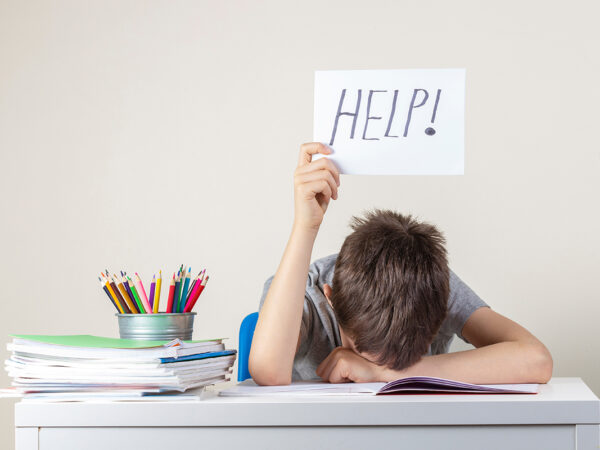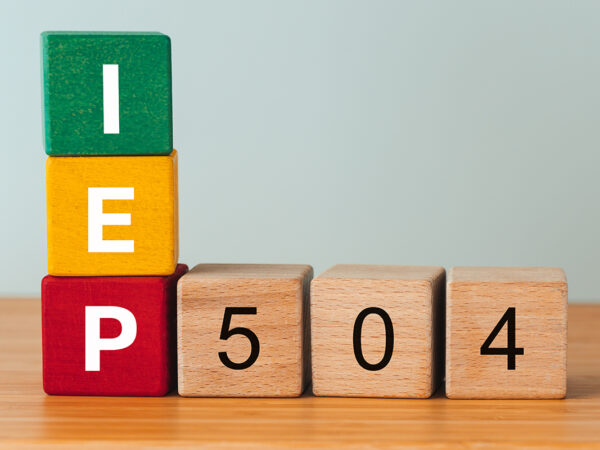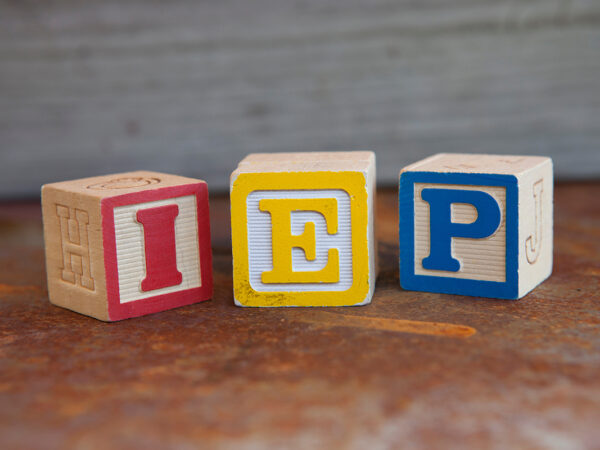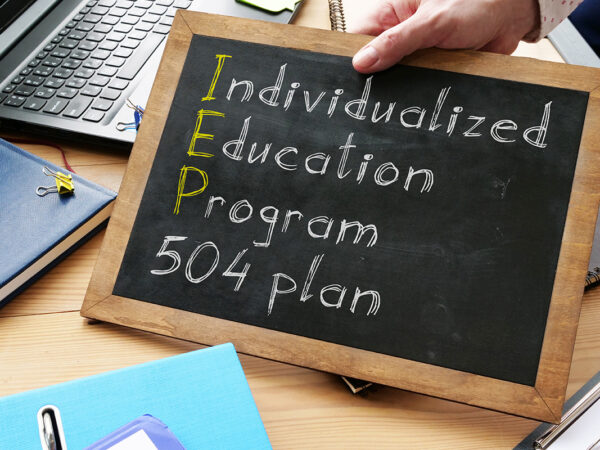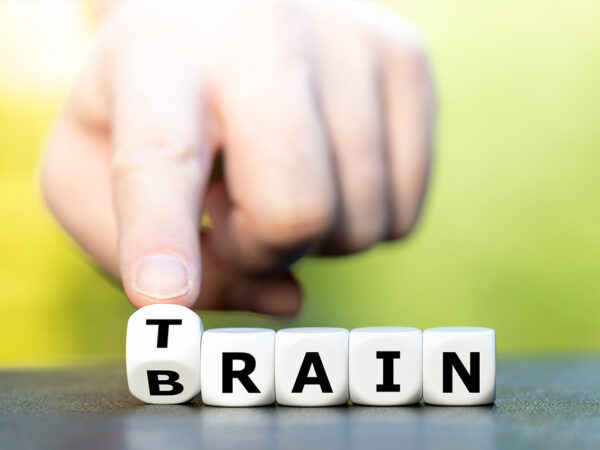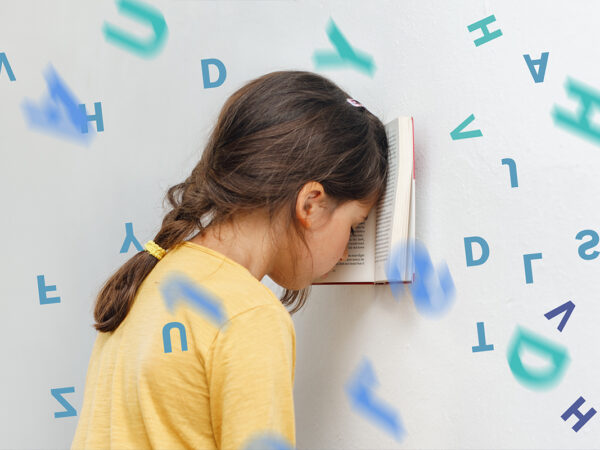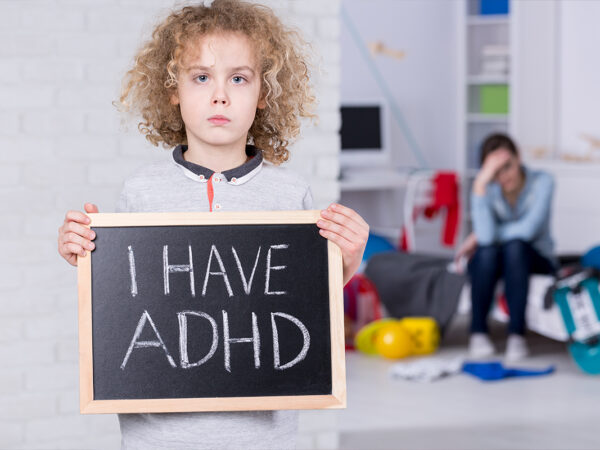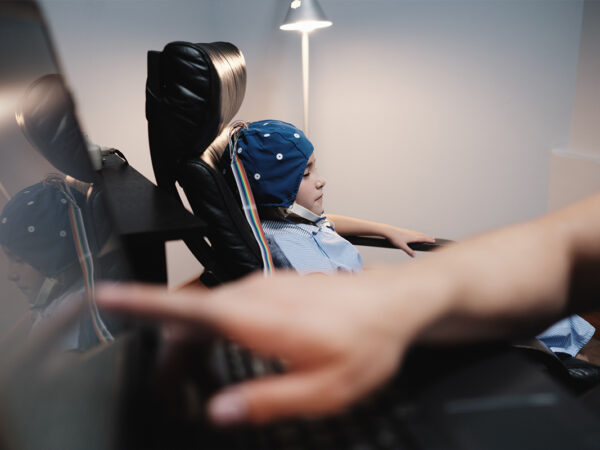Dyscalculia Learning Disorder
Symptoms of Dyscalculia:
- Difficulty understanding and remembering mathematical concepts
- Problems with counting and recognizing numbers
- Trouble with basic arithmetic operations (addition, subtraction, multiplication, division)
- Difficulty understanding time and using clocks
- Problems with spatial reasoning and understanding directions
- Trouble with mathematical word problems
- Difficulty keeping track of scores in games and activities
- Avoidance of activities requiring math skills
Diagnosis of Dyscalculia:
Treatment and Support for Dyscalculia:
- Individualized Education Plans (IEP): Customized educational plans that outline specific goals and strategies for supporting the student’s math needs.
- Assistive Technology: Tools such as calculators, math-specific software, and apps to support learning and problem-solving.
- Accommodations: Adjustments to the learning environment, such as extra time on tests, the use of manipulatives, and step-by-step problem-solving guides.
- Executive Functioning Support: Strategies to improve organization, time management, and study skills, helping individuals with dyscalculia manage their academic workload more effectively. This support also strengthens working memory, making it easier to follow multi-step math procedures, teaches strategies for double-checking work, and promotes cognitive flexibility by encouraging individuals to try various problem-solving strategies.
INSIGHTS AND NEWS
Posts About Learning Disabilities
Signs Your Child Needs a Psychoeducational Assessment as a form of Learning Check-in
As parents, we're on a constant quest to support our children and ensure they...
How do Auditory or Visual Processing Disorders Impact Reading Development in Children?
For all children, the acquisition of reading skills plays a crucial role in...
Back-to-School Checklist — Why You Should Consider a Private Tutor
At Cognitive Solutions L.C., we understand the unique challenges that students...
The Impact of a Learning Specialist on a Student with Learning Disabilities
For students with learning disabilities or ADHD, navigating the education system...
IEP Testing With a Private Evaluator — Why Your Child May Benefit More From a Private Evaluation
As parents, we all want the best for our children. When it comes to their...
Getting Proper Support for Children in Special Education — Why is it Challenging?
Parents of children with special education needs face a unique set of challenges...
The Importance of IEP and 504 Plans in Special Education
Individualized Education Plans (IEPs) and 504 Plans are legal documents that are...
Private Clinic vs. Public School: What You Should Know About Psychoeducational Evaluations
Education is critical to the development and optimal health outcomes for...
What’s The Difference Between An IEP And A 504 Plan?
There is a bevy of resources available to students with behavioral and learning...
How Neurofeedback Treats Traumatic Brain Injury, Anxiety, Depression, And More
Imagine if you and your therapist could actually see what your mental illness...
What Makes a Good Psychological Evaluation?
There are many reasons why a person would need a psychological evaluation....
Chicago Dyslexia and Attention Deficit Hyperactivity Disorder
What is it Like to Have Both Dyslexia and Attention Deficit Hyperactivity...
Neurofeedback For Dyslexia
EEG Neurofeedback For Dyslexia Our previous blog discussed adult dyslexia, its...
Treating ADHD Without Medication
ADHD stands for Attention Deficit Hyperactivity Disorder. This disorder is common...
Reap the Benefits of Neurofeedback
FOR IMMEDIATE RELEASE (Chicago, Illinois, 17 January 2012) A Neurofeedback...


